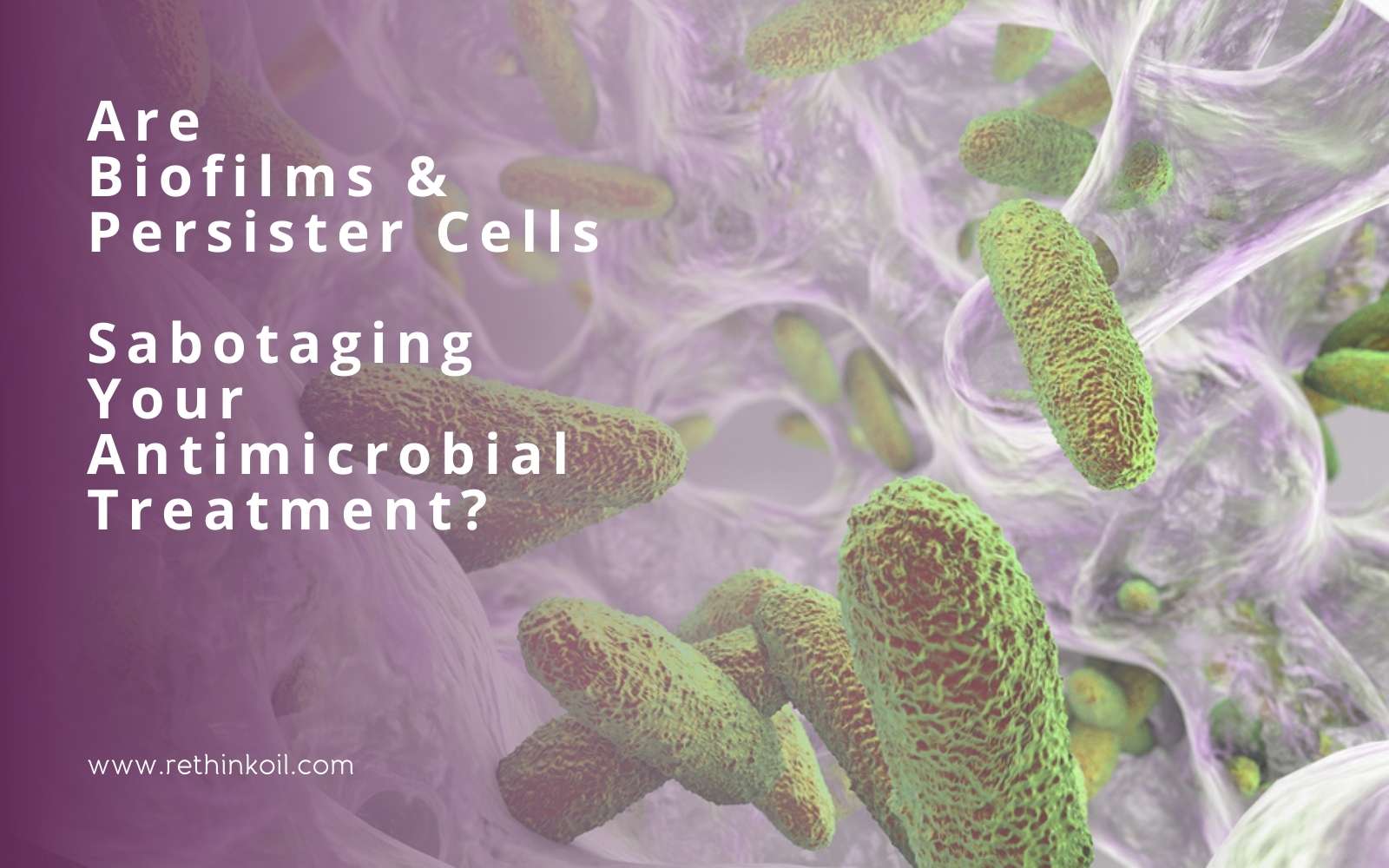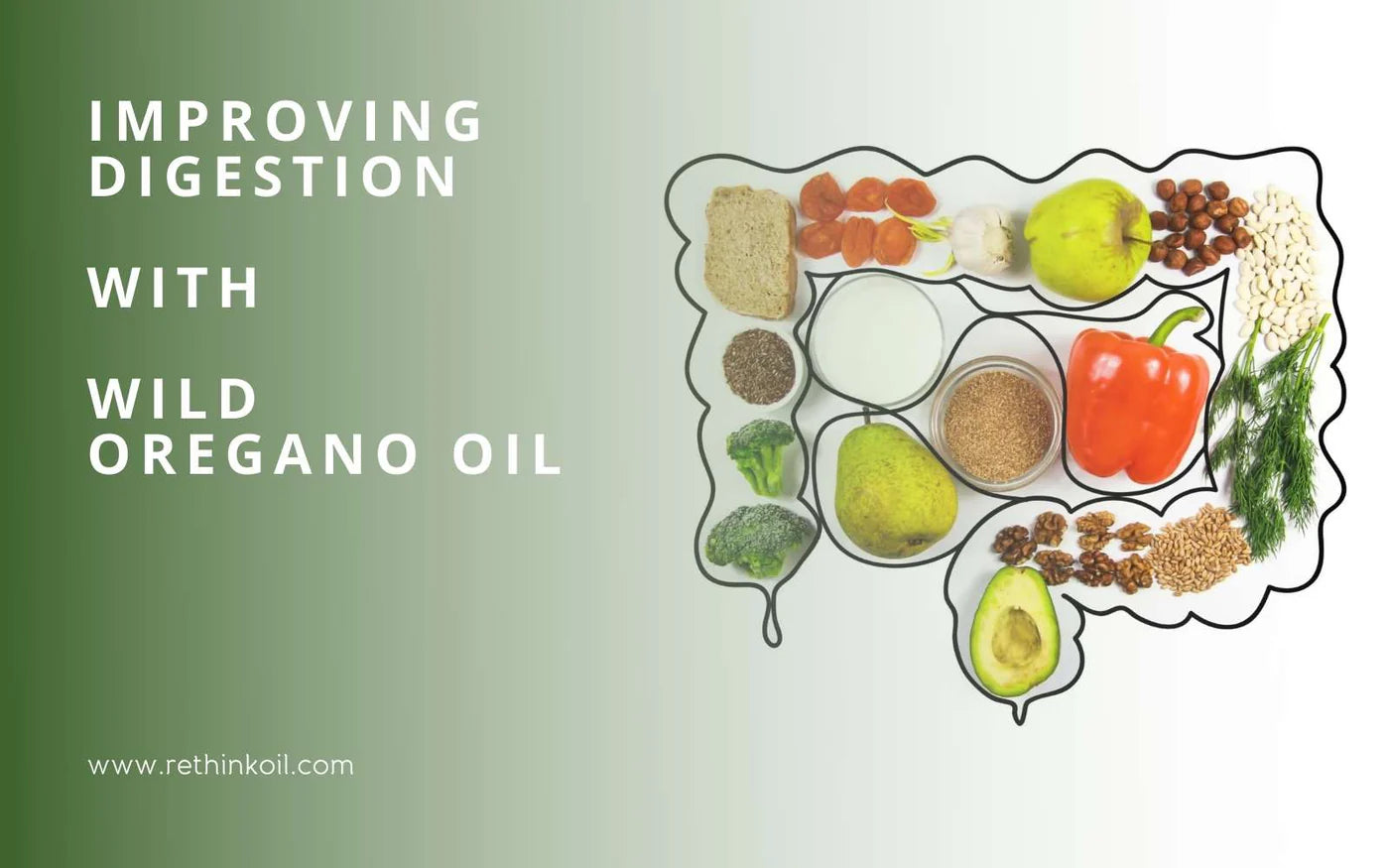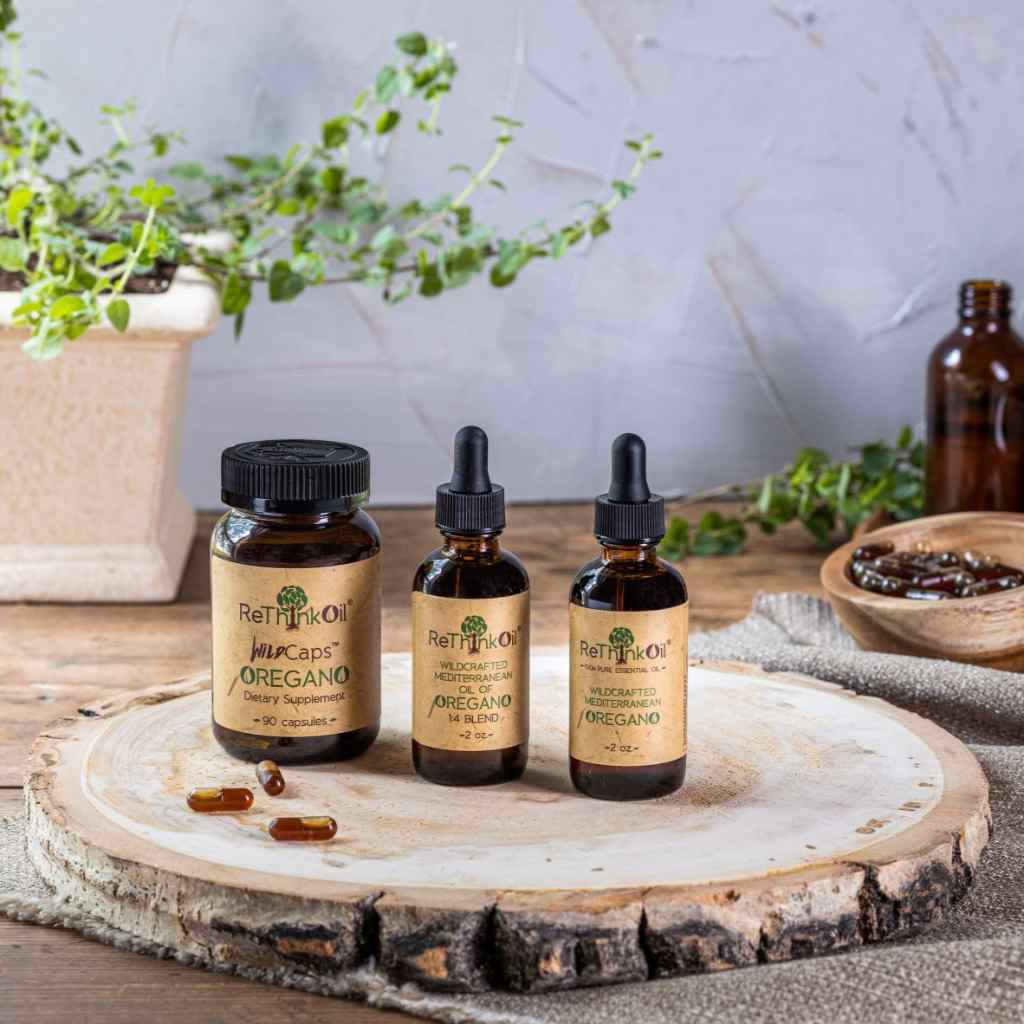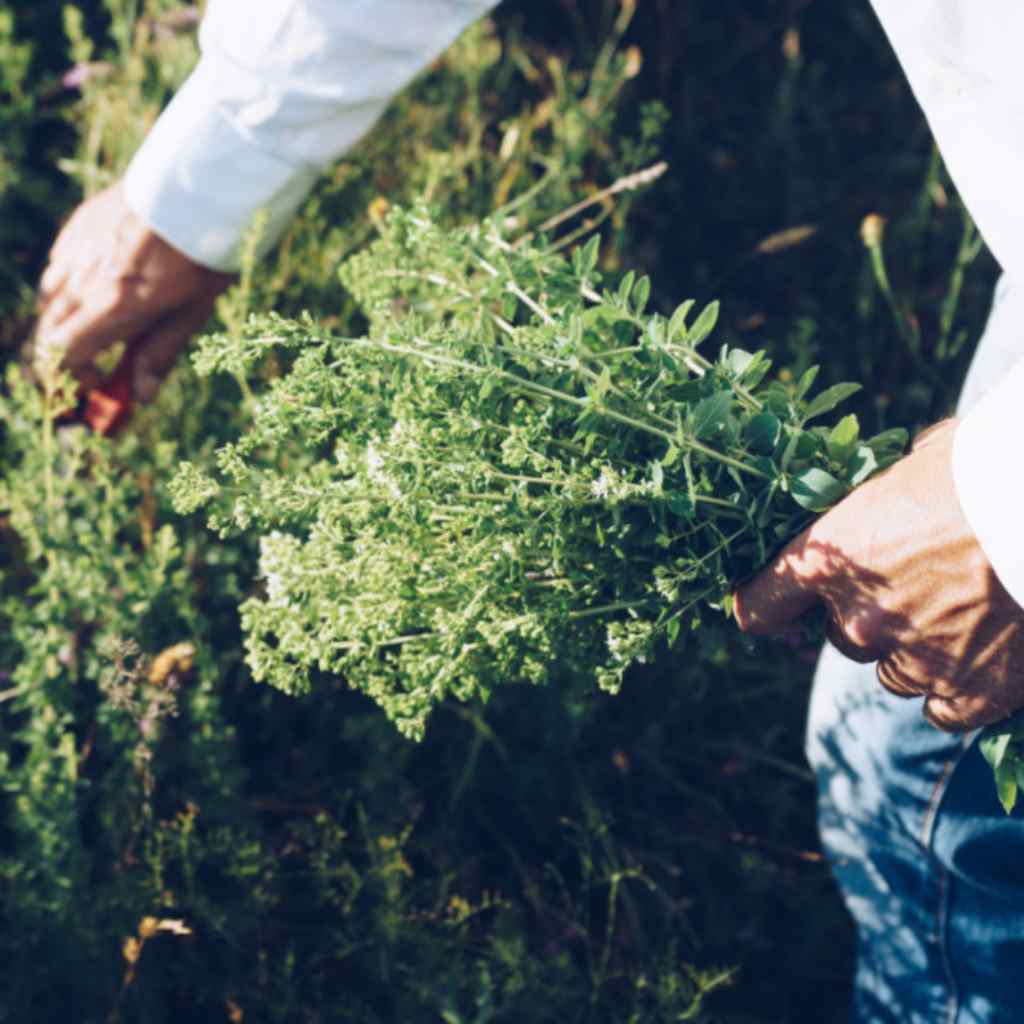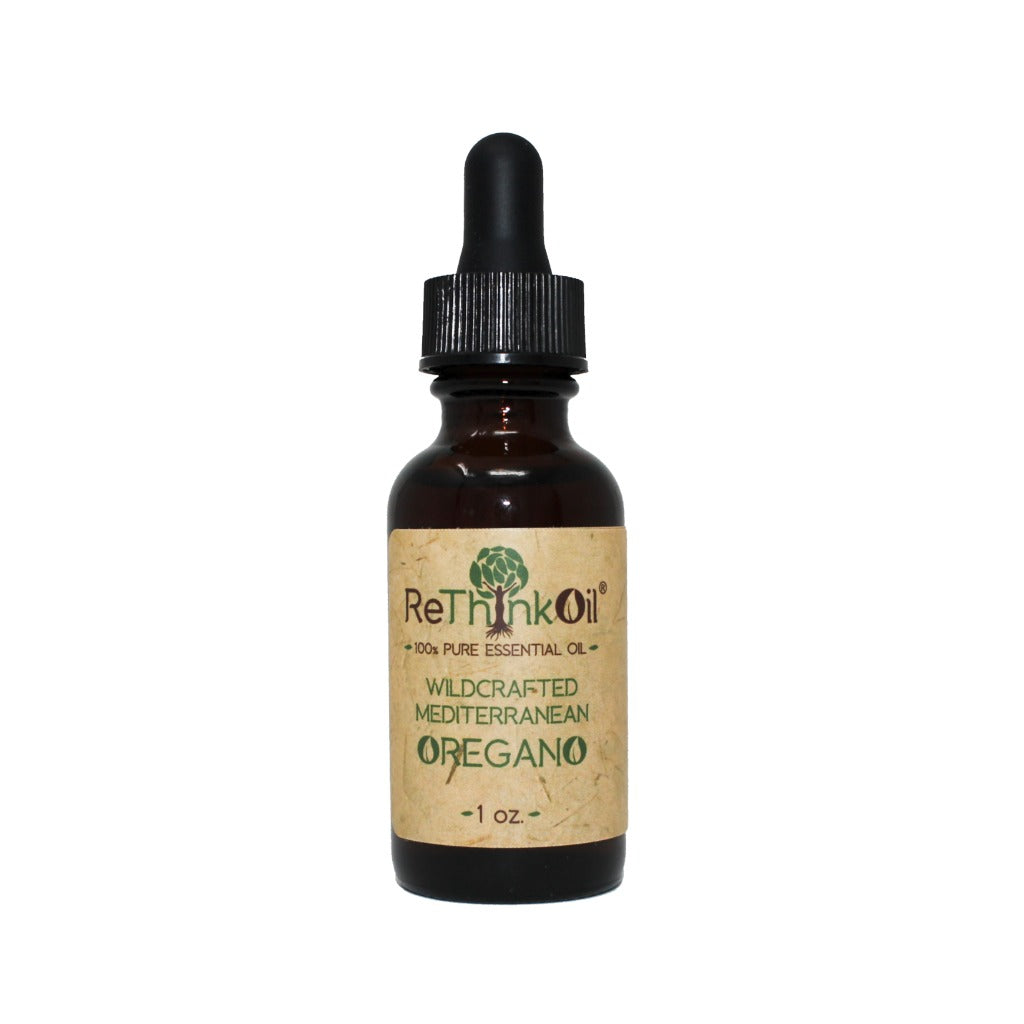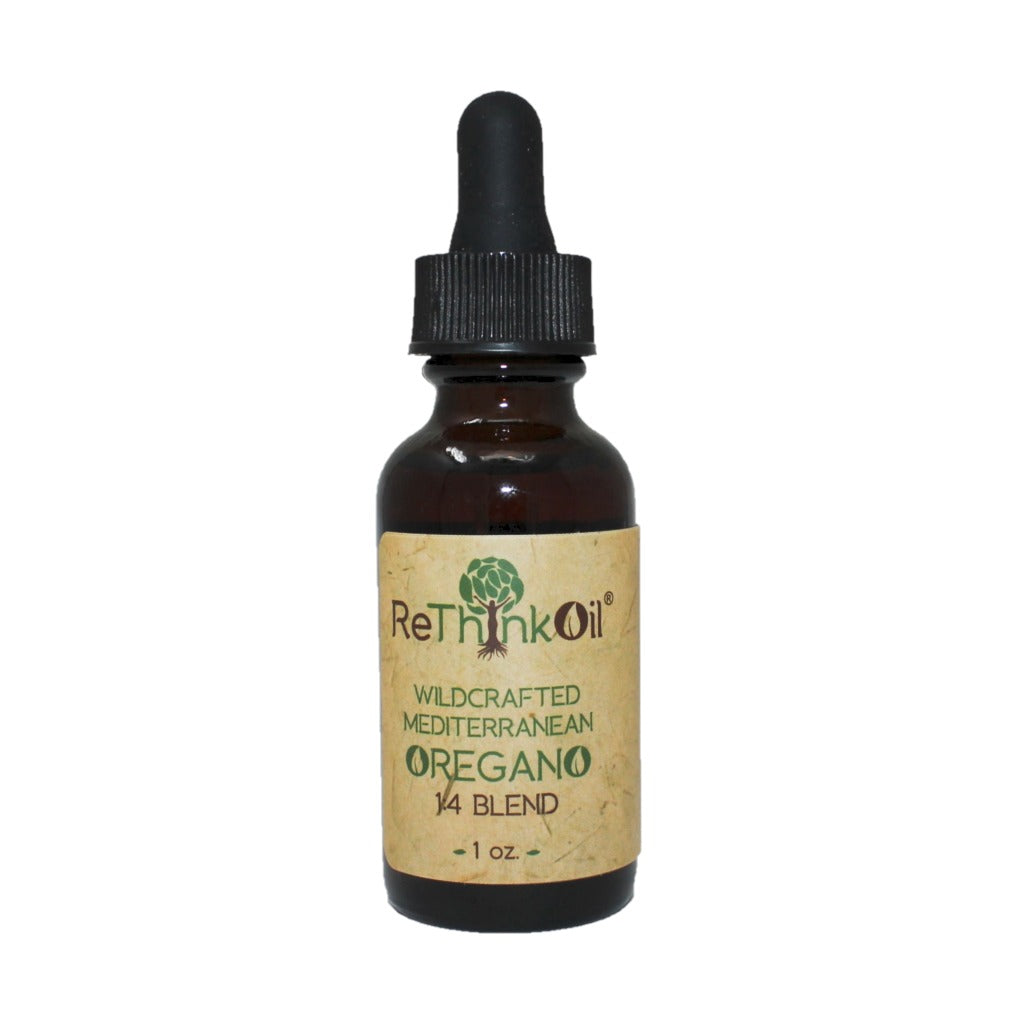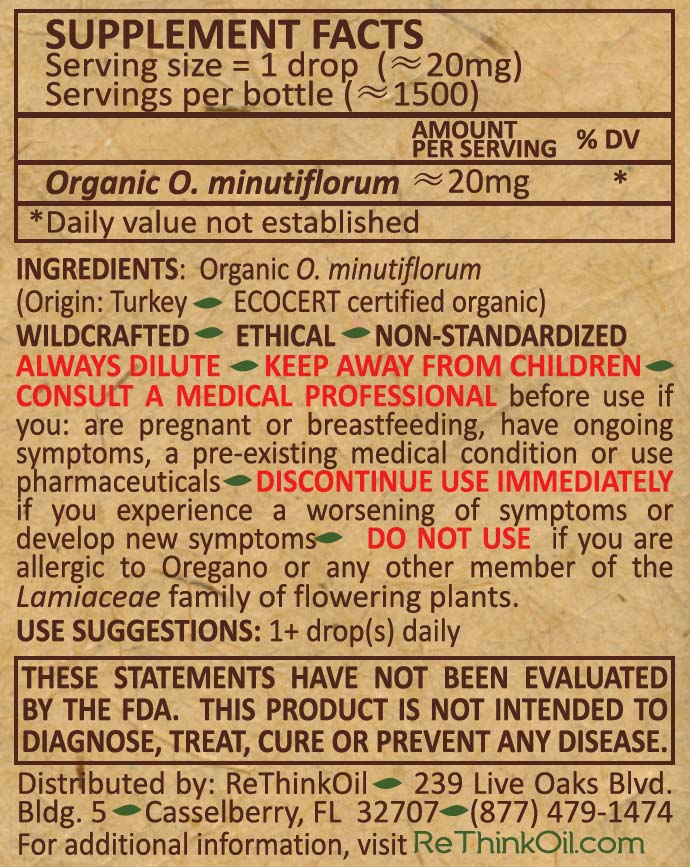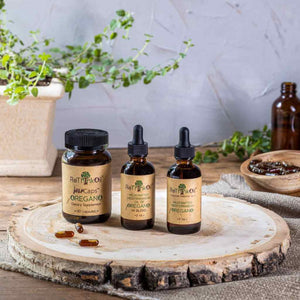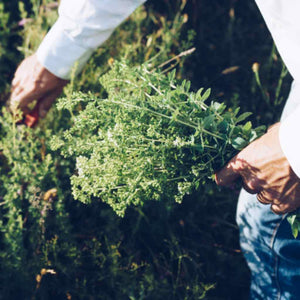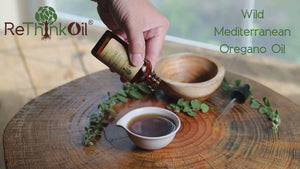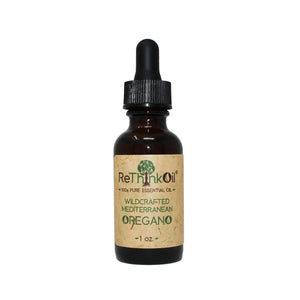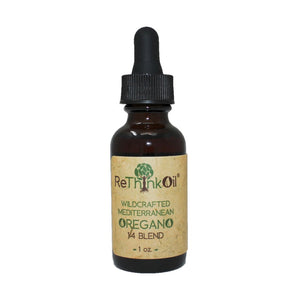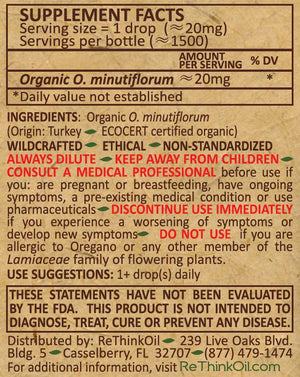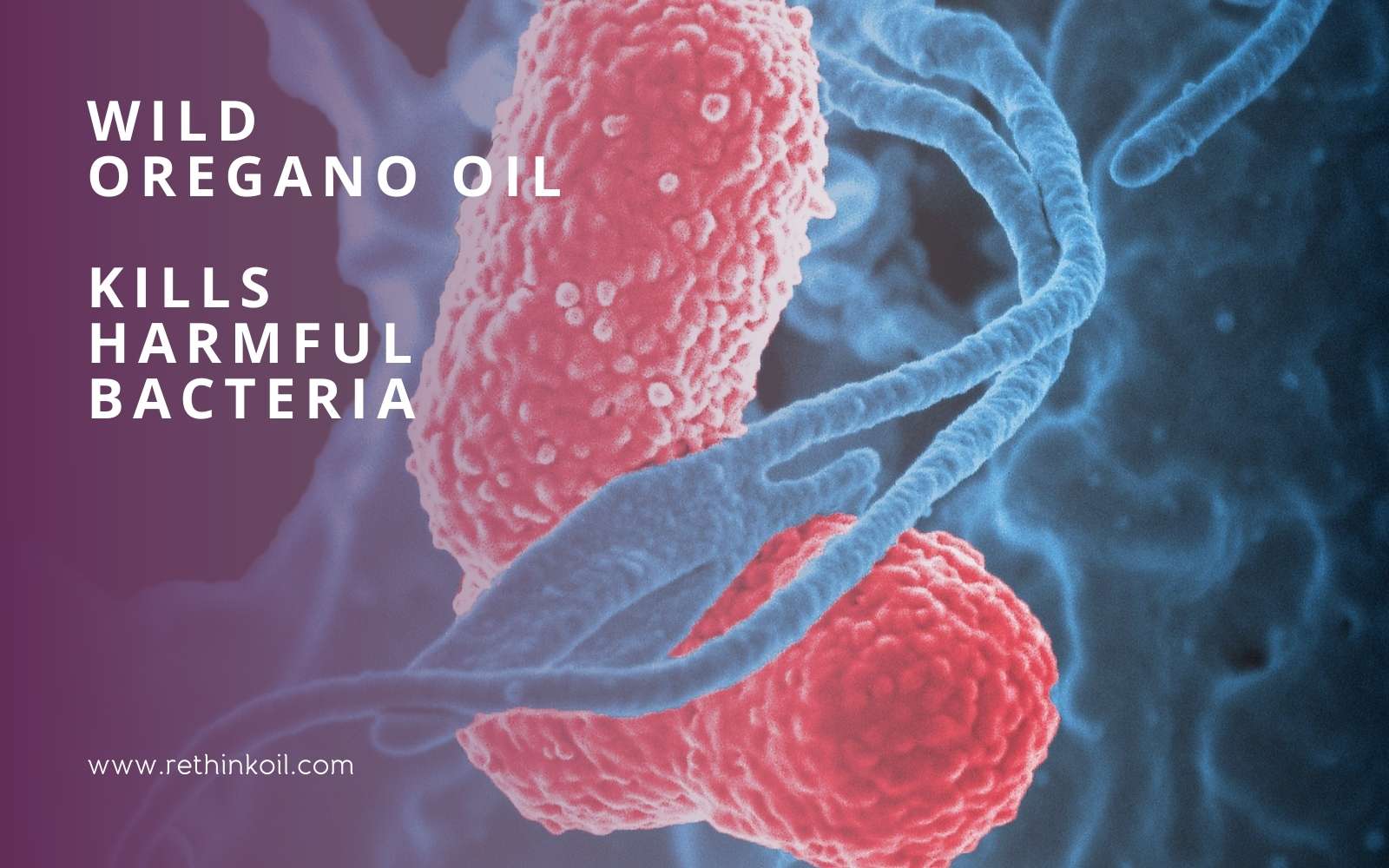
Bacteria are an essential part of our environment; we would not exist without them. They live by the trillions in the soil, water, and our food supply, and they are present both inside and outside our bodies. Bacteria play a crucial role in helping the young develop their immune system responses, largely through commensal bacteria (part of the microbiome) that interact with the immune system, helping to build tolerance and immunity.
Only a very small number of bacteria will ever go on to cause disease (pathogenic bacteria); the overwhelming majority will maintain a commensal, and oftentimes, symbiotic relationship with the host body. Although our body's defense mechanisms quickly go into action to fight off intrusions as soon as they are detected, “individuals with defective immune responses are prone to frequent, recurrent infections, even with the least harmful of bacteria.” 1).
Some common types of bacterial infections found in humans include:
- Tuberculosis (TB)
- Streptococcus (Strep)
- Staphylococcus (Staph)
- Escherichia coli (E. coli)
- Salmonella
Once bacteria become pathogenic, they not only cause disease but also rob the body of essential nutrients, “such as iron, which is necessary for the bacteria to survive.” 1)
Antibiotics, Antifungals, and Resistance
- Antibiotics and antifungals (antimicrobials that kill microorganisms) are commonly prescribed to treat infections. However, antibiotic resistance is a growing problem.
- Much research has been conducted to find natural alternatives that do not contribute to resistance. Oregano, one of nature’s most versatile herbs, is being investigated as an “alternative antibacterial in enhancing the healing process of bacterial infections, in turn preventing antibiotic-resistant strain development” 2).
Wild Turkish Oregano as a Natural Antimicrobial
- When the antimicrobial (antibiotic/antifungal) properties of Wild Turkish Oregano (Origanum minutiflorum, containing 82% carvacrol) were tested against 16 bacteria and 2 yeasts, it “showed strong antimicrobial activity against 17 of the tested microorganisms” 3).
- This study suggests that Origanum minutiflorum could possibly serve as an alternative to antibiotics in combating microbial diseases.
Oregano's Effectiveness Against Tuberculosis
- In an in vitro study investigating oregano’s impact on TB, Origanum minutiflorum was found to be “especially active” against the bacterium. The antibacterial and antimycobacterial properties of the plant “may support the use of the oregano species in traditional medicine to treat microbial infections” 4).
Plant Pathogen Control
- Another in vitro study tested the antimicrobial activities of Origanum minutiflorum (containing 73.93% carvacrol) against 19 pathogenic plant bacteria. The results showed that minutiflorum completely inhibited 18 of the 19 bacteria tested. The study concluded that Origanum minutiflorum displayed “strong and broad-spectrum application against tested plant pathogens, as well as standard antibiotics” and could be used in developing new antimicrobial drugs for plant disease therapy and control 5).
Oregano as a Food Preservative
- Common bacteria, such as Salmonella and E. coli, often grow in pre-packaged salad mixes. Treating packaging with oregano oil has been shown to be an “edible alternative to chemicals in reducing food-borne bacteria,” significantly reducing bacterial pathogens in contaminated leafy greens 6).
- Another study found that Origanum minutiflorum completely inhibited Salmonella, E. coli, and Listeria. It also effectively destroyed Staphylococcus in this study 7).
Oregano essential oil shows great promise as a natural antibacterial agent in laboratory settings and may help prevent bacterial infections when used regularly. However, it is important to consult a qualified medical professional for the evaluation and treatment of existing infections. Oregano oil can be used in combination with prescription antibiotics, but it's important to remember that antibiotics cannot distinguish between harmful and beneficial bacteria. Therefore, using a high-quality probiotic is recommended to replenish the good bacteria eliminated by antibiotic treatment.
*For best results, take probiotics about 2 hours after antibiotics.



